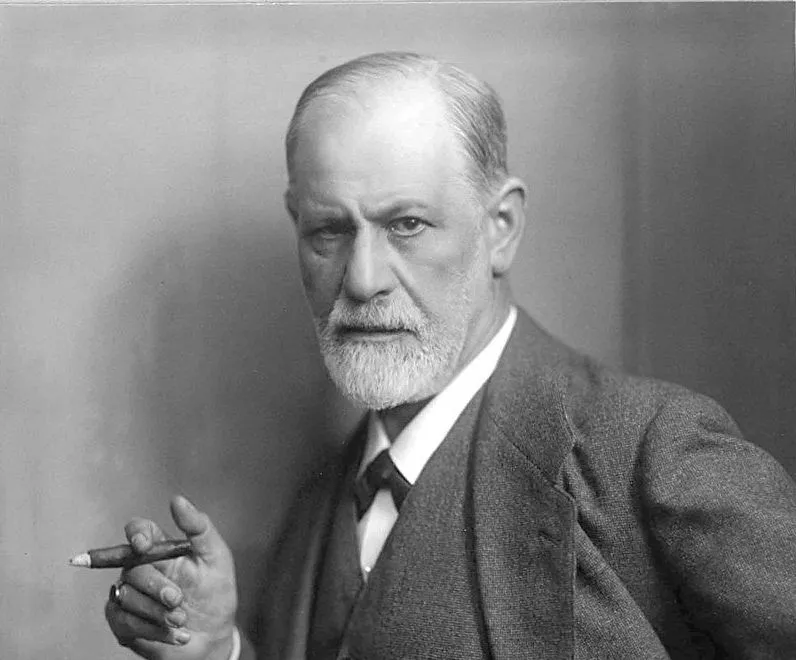Differences between Cognitive Behavioural Therapy and Psychoanalysis
Choosing the right psychotherapist or counsellor (hereafter: therapist) can be a difficult task in which knowledge of different therapeutic approaches is also crucial. Among the most widely used therapeutic approaches are Cognitive Behavioural Therapy (CBT) and Psychoanalysis. In this paper I will give a brief introduction to both and try to highlight the differences between them.
Cognitive Behavioural Therapy (CBT)
The father of Cognitive Behavioural Therapy is Aaron Beck, who introduced the term in the 1960s. Cognitive Behavioural Therapy is a structured, didactic and goal-oriented form of therapy. The approach is direct and practical, with the therapist and client actively working together with the aim of identifying and changing unwanted behaviour and/or thinking.
Cognitive Behavioural Therapy has been shown to be an effective therapeutic method in a number of studies of mental disorders including the treatment of depression, anxiety disorders, eating disorders, substance abuse and personality disorders.
Cognitive behavioural treatment usually lasts between 3 and 6 months and clients attend weekly or fortnightly sessions. Most therapists who provide cognitive behavioural therapy tailor the therapy to the specific needs of each client and, as a result, the duration of cognitive behavioural therapy varies from case to case.
Psychoanalysis
Developed by Sigmund Freud in the 1800s, psychoanalysis focuses on unconscious processes and past experiences.
At its core, psychoanalysis focuses primarily on the impact of unconscious forces such as repressed impulses, inner conflicts and childhood traumas on the mental health of the client. As a therapy, psychoanalysis seeks to bring about fundamental changes in the individual's personality by exploring the transference between client and therapist and through this interpreting the unconscious conflicts that have caused the individual's neurosis. The methods used to achieve this goal are free association, dream analysis, analysis of resistances and defences, and work with emotions.
Psychoanalytic treatment can last from a few months to a few years and is always tailored to the individual's needs, wishes and goals.

Differences between Cognitive Behavioural Therapy and Psychoanalysis
- Cognitive Behavioural Therapy focuses on helping people to understand and change the negative thought patterns that contribute to their problems or disorders. The therapist works with the patient to identify and challenge these thoughts and then replace them with more positive and productive ones. Psychoanalysis, on the other hand, focuses on exploring patterns of behaviour, thoughts and emotions in order to discover the causes of mental illness. The therapist works with the patient to explore his or her unconscious world and identify the underlying cause of his or her problems.
- Cognitive Behavioural Therapy treatments generally involve a smaller number of sessions than Psychoanalytic treatments.
- Cognitive Behavioural Therapy focuses essentially on the "here and now", while Psychoanalysis focuses on exploring the individual's past.
- Cognitive Behavioural Therapy is a more direct and active approach. The therapist helps the client to identify and deal with negative thought patterns and behaviours. The therapist guides the client in changing thoughts and behaviours. In contrast, psychoanalysis is a more passive approach. Initially, the therapist and the client simply explore the client's unconscious world in order to discover the root causes of the client's challenges. The therapist then helps the client to understand his or her own challenges through interpretation and insight.
In addition to these two approaches, there are other therapeutic paradigms such as behaviour therapy, humanistic therapy and system-oriented therapy. Each approach offers unique perspectives and methods to address the challenges and problems of the individual.
When choosing a therapeutic approach, it is crucial to understand that there is no one right way to solve problems. Each individual is unique, so it is important to find the therapeutic approach, and therefore the therapist or counsellor, that best suits your needs and preferences.
SOURCES:
Chand SP, Kuckel DP, Huecker MR. Cognitive Behavior Therapy. [Updated 2023 May 23]. In: StatPearls [Internet]. Treasure Island (FL): StatPearls Publishing; 2023 Jan-. Available from: https://www.ncbi.nlm.nih.gov/books/NBK470241/
FRIEDMAN, LAWRENCE (2006). WHAT IS PSYCHOANALYSIS?. The Psychoanalytic Quarterly, LXXV(3), 689–713.doi:10.1002/j.2167-4086.2006.tb00054.x


